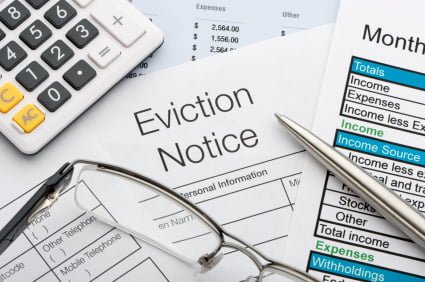If you’ve suffered some serious financial blows recently and find yourself homeless, there are some things you can do to help yourself get back on your feet and start a new life.
Being homeless doesn’t have to be a permanent situation and you do have some resources outside of friends and family available to you.
There are now several federal, state, and local initiatives that support homeless people and it’s important that you know how to reach out to these resources. Being homeless can take its toll on your emotional and physical well being, so you also need to work on staying positive and working through this difficult situation.
Here are some things you can do if you become homeless:
Locate shelters in your area. The government does provide funding to keep a number of homeless shelters in every state running year round. Use sites like ShelterListings.org to find out what types of homeless shelters, supportive housing associations, and halfway houses are located in your area.
Track down more resources. Visit the National Coalition for the Homeless website to find out what resources may be available in your area. You can learn about several different types of prevention and emergency assistance programs that could help you cover the costs of bills outside of housing expenses, and also provide temporary shelter options.
Get in touch with a local homeless advocacy coalition. Take a look at the latest Directory of National Statewide and Local Homeless Advocacy Coalitions to track down co-operatives, housing partnership programs, and coalitions for the homeless in your state. You can email or call the contact person listed in this directory to find out what programs you might be eligible to apply for, and what types of aid you could receive from various nonprofit organizations.
Brush up on survival skills. Even when you’ve asked for help, you may find yourself on the streets and with no place to go for weeks at a time. Be prepared to be outdoors for long periods of time by wearing lots of layers and staying dry whenever you can. Look for safe places to sleep and spend some daylight hours looking for dry and safe areas in town. Be wary of trespassing laws and steer clear of gated areas.
Consider relocating. If you have been denied any type of assistance or just can’t find any resources to help you get by, consider relocating to another community where you can get help. You might be eligible for some social welfare programs in another state or just in another community. Moving somewhere warmer can also make it easier to be homeless until you get back on your feet.
Turn to a local church. Finally, don’t forget to seek assistance from churches of places of worship in your area. They may offer emergency funds for short-stay or long-term hotel accommodations, cash for food, or other resources such as job-training – not to mention emotional support and spiritual guidance – to help you through this trying time.








